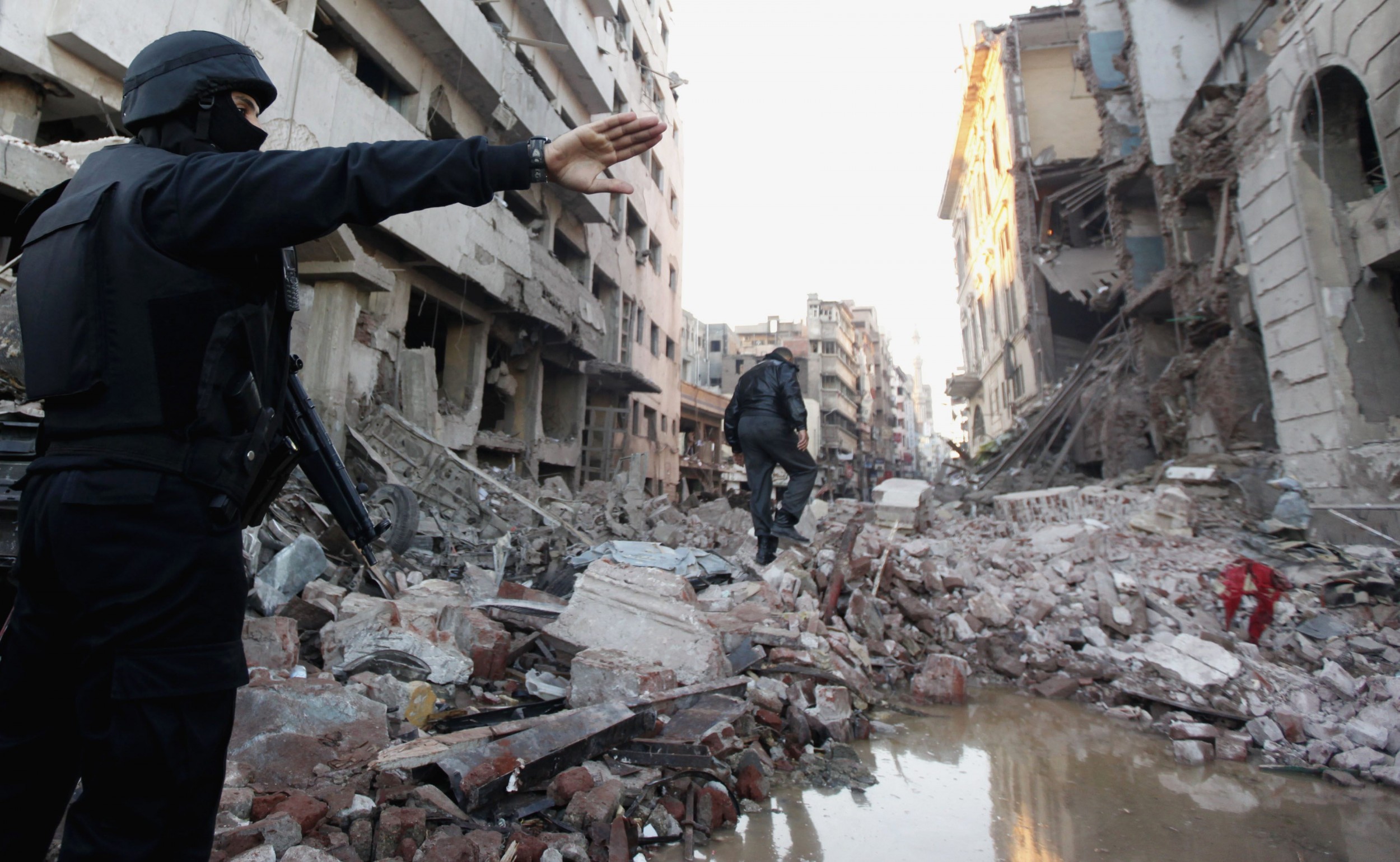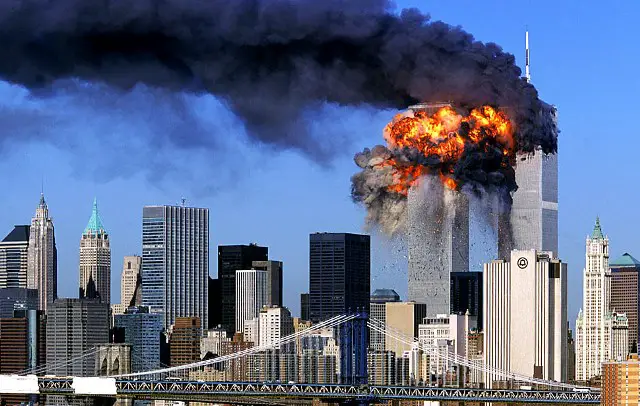Being a part of the millennial generation means you were born sometime between the 1980s and 2000s; it also means you grew up seeing terror attacks transpiring around the world.
When millennials entered the world, there was a small calm in the storm of world conflict, where there weren’t as many clashes between countries, but that ended in 2001 with 9/11. This was the beginning for millennials, who would soon see the full-blown storm of world conflict through domestic and foreign attacks.
Like many who belong to this generation, I remember 9/11, faintly, since I was only in kindergarten; nonetheless, I remember the horror. I saw the fear, anger and grief through my parents, who were the main reason for my terror. It wasn’t until my parents sat down with me to explain what I had witnessed that the terrifying truth of what the world had just seen was revealed.
According to author and historian Neil Howe, the terror attack of 9/11 changed millennials. “Generations are shaped by their place in history, and it’s an orientation that starts in childhood,” he says. “Prior to 9/11, millennials were already well on their way to becoming an entirely different generation than the ones that came before.”

Since 2001, there have been countless attempts (some successful) of terror attacks on the U.S. alone. Several other attacks occurred around the world, including Paris in 2015, Brussels in 2016 and more recently, Syria.
Those attacks don’t even scratch the surface of lone shooters and bombers acting on their own, though. Most millennials aren’t even 30, yet they’ve seen each of these play out, either in person or through the media.
Millennials are being shaped by this terror, knowing that a school shooting, terrorist attack or public bombing could happen any day. It’s become a key part in the development of the generation, yet it doesn’t hold them back.
When there is an attack on foreign soil, millennials still travel there. When there’s a school shooting, millennials wake up, watch the news and still attend classes the next day. I belong to a generation that has lived in a state of terror for so long that I wonder if millennials are desensitized to terror attacks.
“Millennials are desensitized to attacks of all kinds, though generations before us were also desensitized,” says Ben McOmber, an electrical engineering student at the University of Nevada, Reno. “It was even romanticized back in the day, killing for glory and honor. I feel like millennials are more desensitized to it only because of the massive amounts of media coverage. It is almost normal for us to have a school shooting occasionally. Yes, I am still scared when it happens, but a part of me is slightly accepting it as a part of life now,” he says.
Knowing that I have witnessed more shootings, bombings and attacks in my lifetime than I learned about in history class is terrifying. When I reflect on seeing the attacks at home and overseas, I’m forced to consider how I deal with them.
To a point, I am almost numb to terror attacks. I am aware of the threats, and the way they have affected the world, but only through the media. I have felt terror, but it is nothing in comparison to those who physically experienced the attacks.
Robyn Fienberg, a journalism student at the University of Nevada, Reno, discusses her experience of traveling to the Middle East and how, through the trip, she feels that millennials in the U.S. are desensitized to terror attacks. “I don’t think we understand what it means to live in an environment where bombs are a daily occurrence, or terrorist attacks are normal,” she says.
“We see it on television, but because we are so far away from the environment, it’s easy to dismiss it and go on with our lives. When I was in the Middle East a few years ago, I saw what war, terror and normality looked like for people in that situation. While I was traumatized by having to run to a bomb shelter as bombs exploded above my head, for the people there, it was routine, and they went back to their family dinners like nothing happened,” Fienberg says.

“For me, I was traumatized. I realized then how lucky I was to grow up in an environment where I didn’t have to run to a bomb shelter, ever. I think it was then that I realized how, even though we joke about bombs, it’s horrible, and it’s happening to other people at this moment. I feel as though we are sensitized to the fact that it is happening, but we are desensitized because it’s not happening to us, nor will we ever understand that type of environment in the U.S.,” she says.
It’s important to understand that terror attacks are real, and they threaten the lives of people around the world. It’s clear that Gen Y is aware of the threat, but they are also unsure of what to do about it.
The effect of terror attacks on the millennial generation is deeper than it seems. What would millennials be like if they hadn’t witnessed 9/11, or any terror attacks for that matter? Would it have changed the generation in a significant way?
Each generation is defined and shaped by the history of the time. While there are many ways to see millennials, you must consider how many terror attacks they have witnessed, and the effects of those attacks. Though they are seemingly in the background, terror attacks are reminding the world that it is they that shape it.


















[…] crimes conducted by members of the Muslim community, a word choice that, when repeated, creates a subconscious connection between Islam and […]